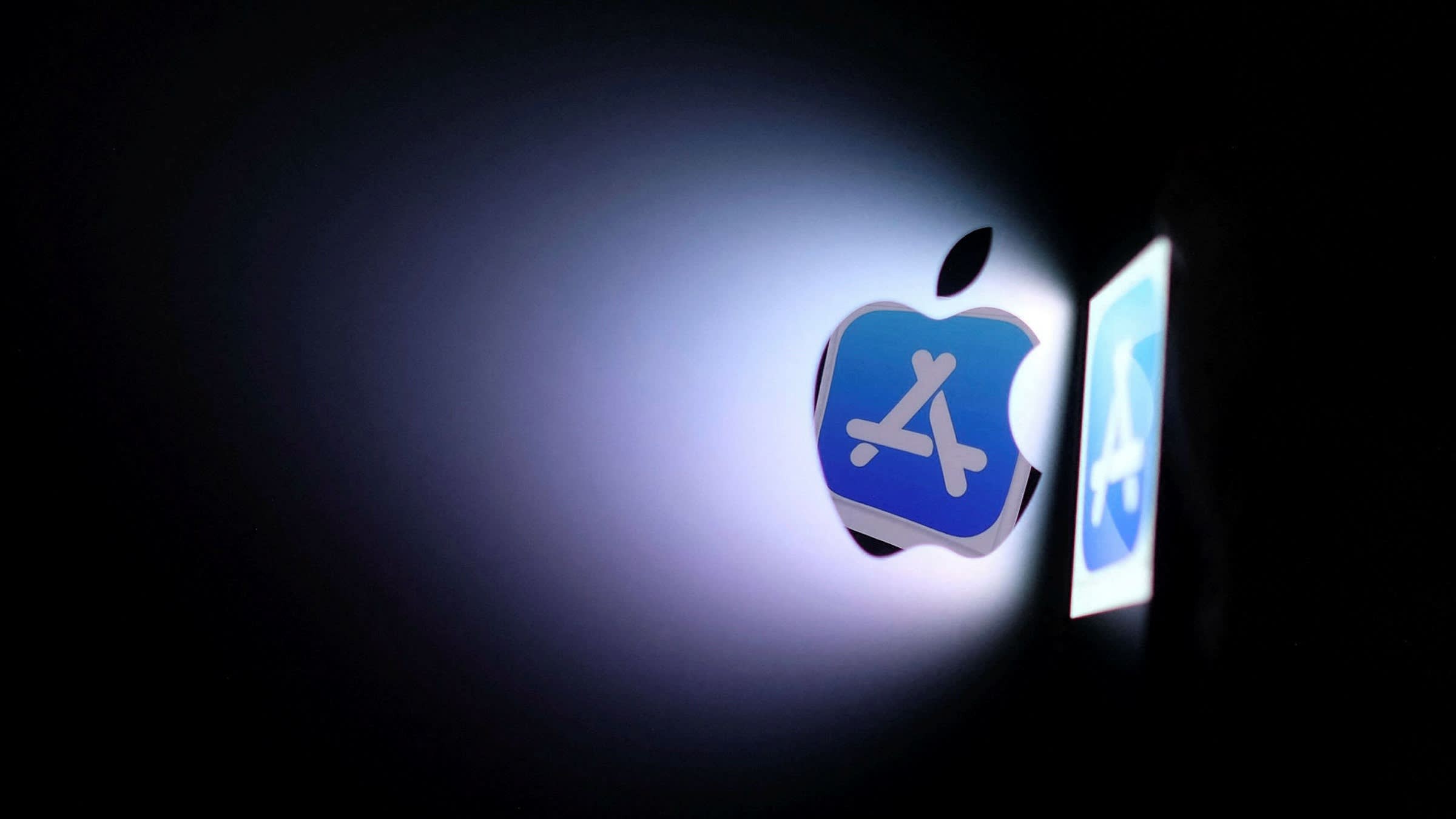
A federal judge has ruled that Apple Inc. violated a 2021 court order by failing to properly open its App Store to third-party payment options, dealing a major blow to the tech giant's control over its lucrative app marketplace.
In a scathing 80-page decision issued Wednesday, US District Judge Yvonne Gonzalez Rogers found that Apple "willfully" defied her previous injunction by implementing new anticompetitive barriers designed to maintain its revenue stream from app payments.
The ruling requires Apple to stop charging commissions on purchases made outside its software marketplace. This could substantially impact the App Store's annual revenue, which generates billions of dollars for the company.
The judge accused Apple of attempting to conceal its non-compliance and criticized the testimony of Alex Roman, Apple's vice president of finance, stating he provided false information during the hearings. The court will hold Apple accountable for these "lies and misrepresentations."
While Apple had allowed developers to direct users to web-based transactions for in-app purchases, it still demanded a 27% commission on that revenue - a practice the judge found undermined the spirit of her original order.
Epic Games CEO Tim Sweeney celebrated the decision as a "huge victory for developers," noting it would force Apple to compete with other payment services rather than blocking them outright.
The judge has referred the case to federal prosecutors to investigate whether Apple committed criminal contempt of court. Additionally, Apple must cover Epic's legal fees related to document disputes during the proceedings.
This ruling follows a broader 2021 case where the judge found Apple's App Store policies violated California competition law, though not federal antitrust statutes. That decision was ultimately upheld when the US Supreme Court declined to hear appeals.
The latest development represents another challenge to Apple's digital marketplace dominance, coming as the company also faces scrutiny over its lucrative search engine arrangement with Google in a separate Justice Department antitrust case.